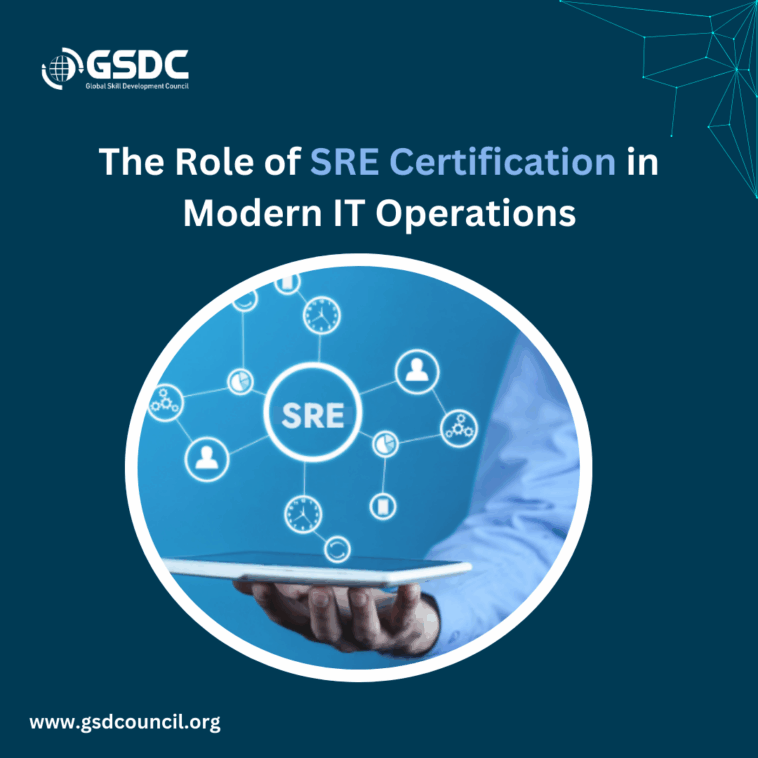An SRE certification is not just a credential—it’s a gateway to mastering the tech skills that modern organizations demand. Whether you’re a system admin, DevOps engineer, or aspiring SRE, this certification ensures you’re equipped to build, scale, and maintain resilient systems in today’s fast-paced tech environment.
In the fast-paced digital age of today, companies require IT systems that are resilient, scalable, and highly available. This is where Site Reliability Engineering (SRE) enters the picture — closing the gap between software engineering and traditional IT operations. As more dependence is placed on cloud-native applications, micro services, and automation, companies are looking to SRE-certified experts to spearhead next-generation infrastructure and reliability initiatives.
1. Encourages Reliability as a Primary Metric
SRE Foundation certification educates specialists to ensure strong system availability via SLIs (Service Level Indicators), SLOs (Service Level Objectives), and SLAs (Service Level Agreements). IT teams can therefore concentrate on dependability, as opposed to merely uptime, matching tech performance to business objectives.
2. Speeds Up Automation & Efficiency
One of the fundamental values of SRE is automation away of drudgery. Certified experts are taught to practice automated monitoring, alerting, incident response, and deployment pipelines so that teams can concentrate on innovation instead of mundane tasks.
3. Improves Incident Handling & Response
SRE certified professionals learn incident response best practices such as post-mortems, root cause analysis, and creating fault-tolerant systems. This systemic method greatly cuts downtime and optimizes Mean Time to Resolution (MTTR).
4. Synchronizes IT Operations with DevOps Practice
SRE takes the culture of DevOps a step further but focuses more on system reliability, scalability, and performance. Certification enables professionals to learn how to apply software engineering practices to operations, creating a shared responsibility culture.
5. Enables Scalability in Cloud-Native Systems
As companies grow their infrastructure with cloud platforms and container orchestration technologies such as Kubernetes, SRE-certified professionals are well-versed to build and operate scalable, self-healing systems that are key to current IT operations.
6. Standardizes Skills Across Teams
Having a certified SRE staff provides a standardized base of knowledge, skill set, and vocabulary for DevOps, IT, and development teams, enhancing cross-functional collaboration and communication.
SRE Certification is not just a badge of honor — it’s a competitive advantage for IT staff and organizations as well. With increasingly sophisticated digital systems, being able to design, monitor, and operate high-quality systems becomes an imperative. Site Reliability Engineer Certification guarantees that professionals can be entrusted with this task confidently and effectively.
This post was created with our nice and easy submission form. Create your post!



